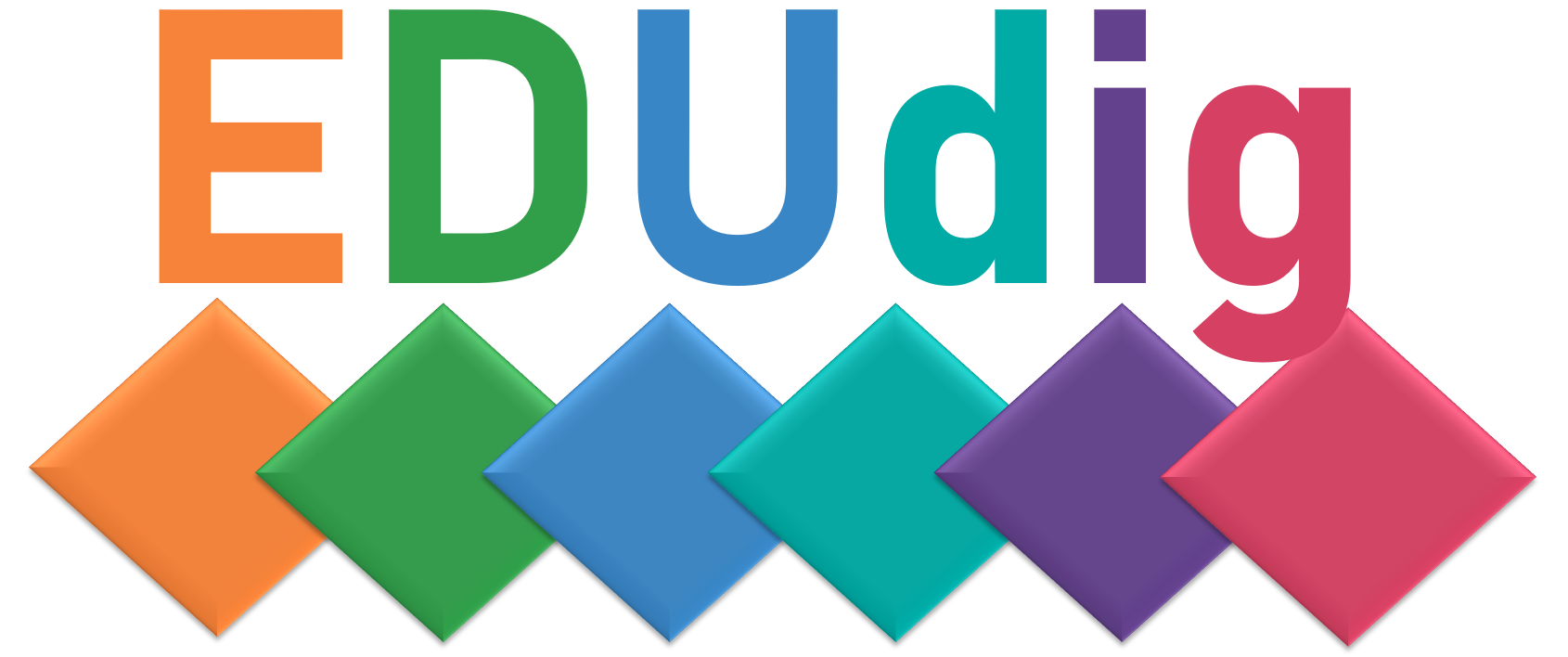2.3. Support for effective online teamwork
After the teams are formed, their dynamics evolve and may need different kind of facilitation and support. It is important for teams to get a good start, and this is where online teams often need structured support from the educator. All team members need to get a feeling of being included, the whole team need to understand their dependency on each other, have clear roles and an agreed upon goal.
Good teamwork relies on committed individuals. Thus, having learners to first reflect on their own learning goals and work styles is a good start. Provide structured support for the team in sharing and agreeing on their roles and work style.
Examples for kick-starting successful online teamwork
:: Synchronous or asynchronous groups of any size: A List of self-reflective questions can be used as prompts for members to first reflect on their criteria for teamwork. Common goals, ways of working, role sharing, leadership, communication and so on are easy to document by using templates such as Team canvas (figure left) or Group Inventory Tool (figure right), which can be shared and worked on a whiteboard (miro.com, flip.com etc.) or on a cloud document.

:: Another alternative is to have the the students to create a housetafel for team work. The below example in Finnish includes rules for both students and the educator.

Clear understanding of team roles and rules prevents conflicts. Nevertheless, each team will encounter difficulties which in online teams may be more challenging to tackle than in face-to-face teams.
Examples of activities for supporting trust building and effective teamwork
The educator is responsible for facilitating the group discussion, to take care of constructive and safe working atmosphere and to ensure that everybody’s voices are heard. There are many ways to support teams. Most importantly, the teams need to be aware of deadlines and what is expected from them. Communication with the team needs to be transparent and include all team members.
:: Discussion forum where students can pose questions, reply to questions and get the educator’s feedback for questions.
:: The educator can request access to the team’s work space and follow the progress. Interventions can be made on a needs basis. If needed, the educator can follow individual contributions by using track changes functionalities (e.g. in Google Docs, OneDrive)
https://support.microsoft.com/en-us/office/track-changes-in-a-shared-workbook-22aea671-cac7-4fa3-845d-eeb23725bd15
:: ‘Mid-term or mid-project check-ups:
Each team is requested to fill in a questionnaire or a simple mid-term report in order for the educator to detect any issues.
Alternative, the educator can meet each team for an online session to discuss the team progress and any open issues. Meeting scheduling by MS Booking.
